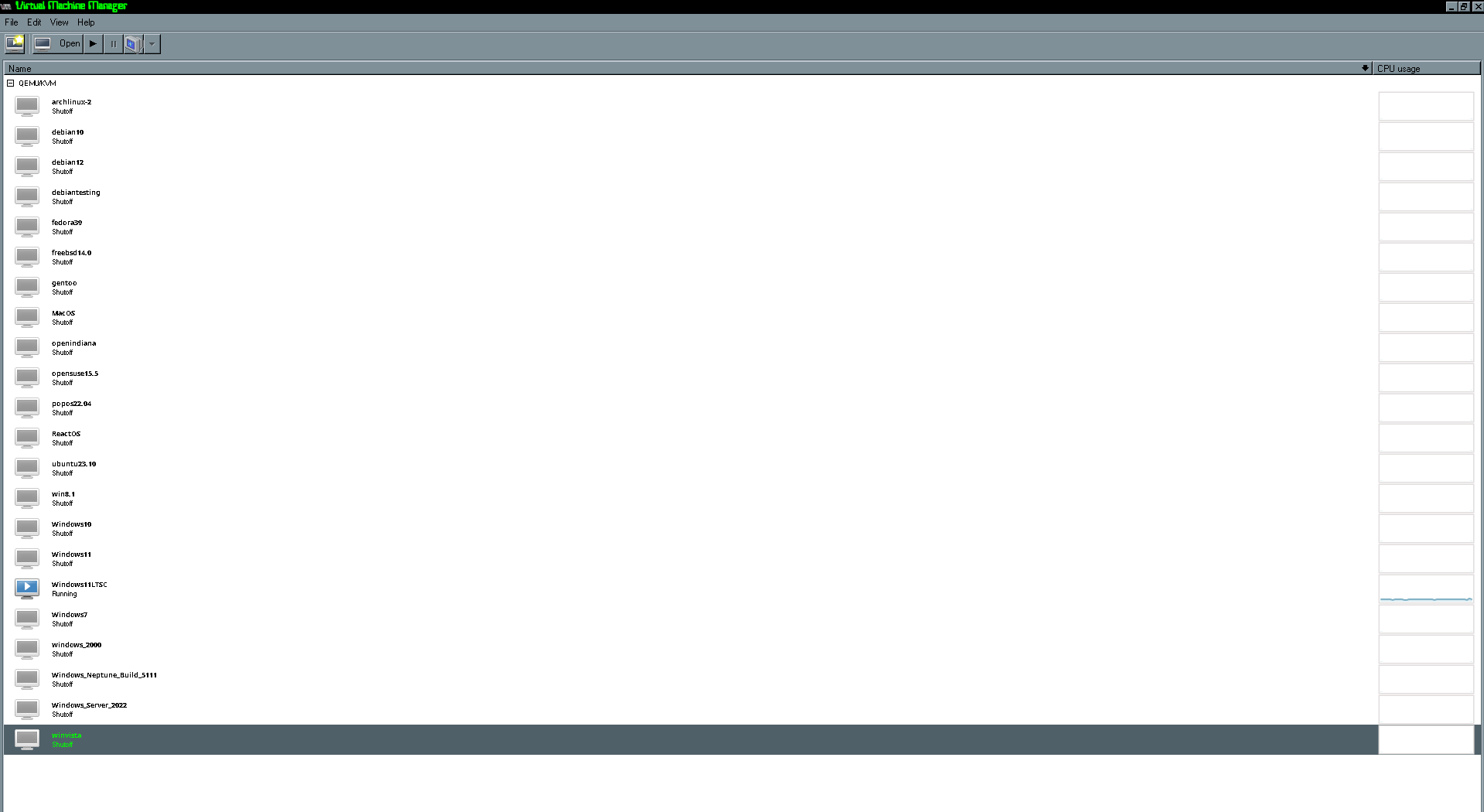179
this post was submitted on 28 Sep 2024
179 points (93.2% liked)
Linux
56437 readers
575 users here now
From Wikipedia, the free encyclopedia
Linux is a family of open source Unix-like operating systems based on the Linux kernel, an operating system kernel first released on September 17, 1991 by Linus Torvalds. Linux is typically packaged in a Linux distribution (or distro for short).
Distributions include the Linux kernel and supporting system software and libraries, many of which are provided by the GNU Project. Many Linux distributions use the word "Linux" in their name, but the Free Software Foundation uses the name GNU/Linux to emphasize the importance of GNU software, causing some controversy.
Rules
- Posts must be relevant to operating systems running the Linux kernel. GNU/Linux or otherwise.
- No misinformation
- No NSFW content
- No hate speech, bigotry, etc
Related Communities
Community icon by Alpár-Etele Méder, licensed under CC BY 3.0
founded 6 years ago
MODERATORS
you are viewing a single comment's thread
view the rest of the comments
view the rest of the comments

I run a different LXC on Proxmox for every service, so it's a bunch. Probably a better way to do it since most of those just run a docker container inside them.
Why mix docker and VMs? Isn't docker sort of like a VM, an application-level VM maybe? (I obviously do not understand Docker well)
I like to run a hypervisor host as just that, a hypervisor host. The host being stable is important, and also reduce attack surface by only having it as that.
An LXC per service is somewhat overkill. A docker host running on LXC could likely run all the docker containers.
I mentioned above, and not to spam, but there might be a use case that requires a different host distribution. Networking isolation might be another reason why. For 90% of use cases, you’re correct.